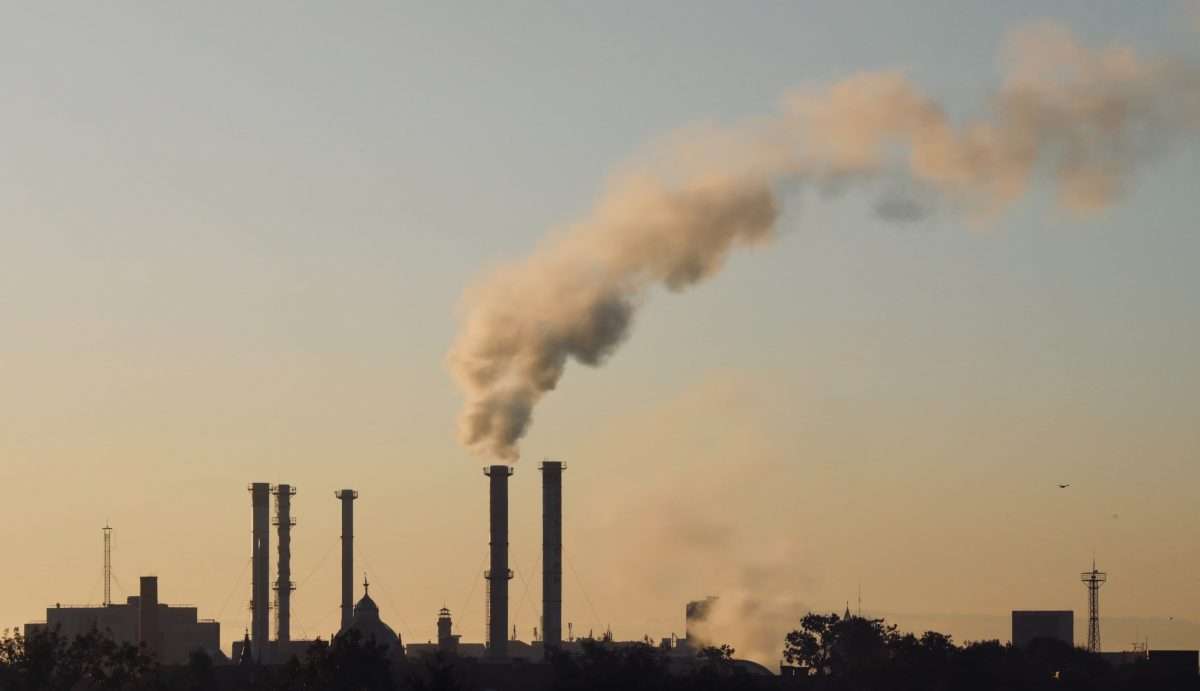Another climate change COP has come and gone. As has become quite common by now, a complex set of intergovernmental negotiations are ultimately reduced to a fight over one particular issue. At the UN Climate Change Conference in Dubai, UAE (COP28), this issue was the phasing out of fossil fuels. The decision adopted in Dubai by parties to the Paris Agreement has both been lauded as “historic” and decried as a “historic failure”. So what did parties decide on fossil fuels, and what does it mean?
#FFPO: The Fight over a Fossil Fuel Phase-out
Two years ago, I wrote about how the Glasgow Climate Conference (COP26) broke a taboo on fossil fuels by calling for a phase-down of unabated coal-fired power and a phase-out of inefficient fossil fuel subsidies. However, the former commitment was criticised for its “phase-down” – rather than “phase-out” – language, and its omission of oil and gas, whereas the latter commitment introduced a loophole through the inclusion of the undefined qualifier “inefficient”.
In the two years since, a group of countries sought to correct this by pushing for a broader fossil fuel phase-out. At COP28, 127 countries expressed support for such language (albeit with some of them favouring the term “unabated fossil fuels”), up from 80 countries the year before. They were supported by many business and environmental NGOs, international organisations such as the World Health Organization, and UN Secretary-General António Guterres. In addition to this broad support, the unusually early adoption of a major decision on a new loss and damage fund meant that the question of phasing out fossil fuels would not be tangled up with another contentious issue.
Read more: ejiltalk.org
Photo: ejiltalk.org


Leave a Reply